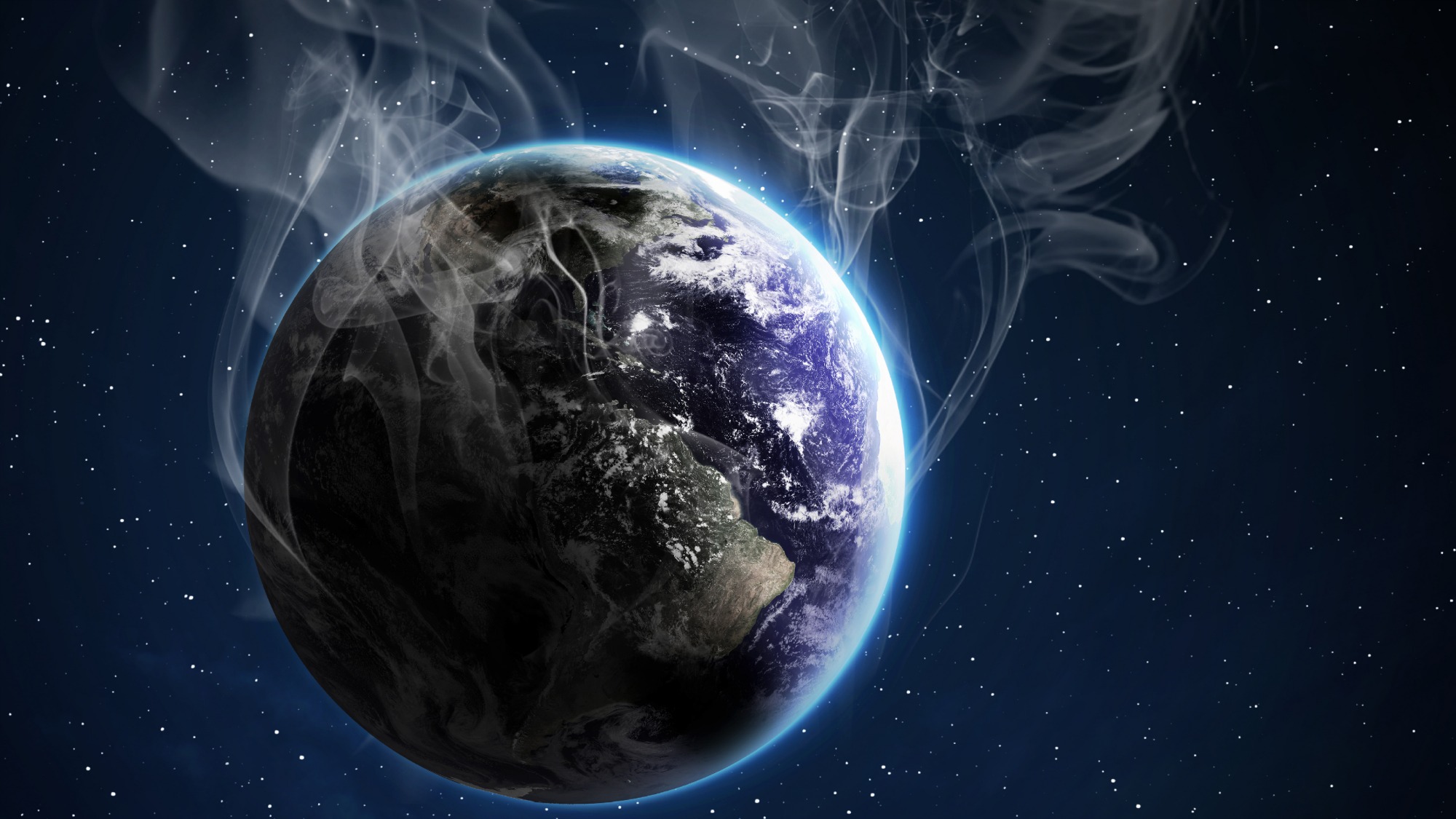By now it’s old news that the U.S. is in the midst of an oil and gas boom. In fact, with 30.5 billion barrels of untapped crude, our proven oil reserves are higher than they have been since the 1970s. But if that oil doesn’t stay in the ground, along with most U.S. gas and coal reserves, then the planet and all of its inhabitants are in trouble.
A new report from the Sierra Club takes a look at what will happen to the climate if we burn through four of our biggest fossil fuel reserves — and it ain’t pretty. The four stockpiles are Powder River Basin coal in Wyoming and Montana; Green River shale in Wyoming, Colorado, and Utah; oil and gas in the Arctic Ocean north of Alaska; and frackable oil and gas across the U.S. Together these deposits could release 140.5 billion tons of CO2, the report says, enough to get the world a quarter of the way toward a global 2-degree Celsius rise, aka climatological catastrophe.
While the Sierra Club also reports that, for the first time in 20 years, domestic CO2 emissions are actually decreasing (and the U.S. has lost its place as No. 1 CO2 emitter to China), exploiting our oil, gas, and coal reserves will make it hard to maintain that trend. And, if we’re exporting the fuel, domestic trends don’t tell the whole story. Extracting even a fraction of these fossil fuel deposits would outweigh all of the positive climate steps the Obama administration is taking.
As Dan Chu, an author of the report, told Grist, “We have more [fossil fuels] than we can afford to burn. Our argument is … unless we are proactively keeping some of those proven reserves in the ground, we will assuredly go over that tipping point.”



